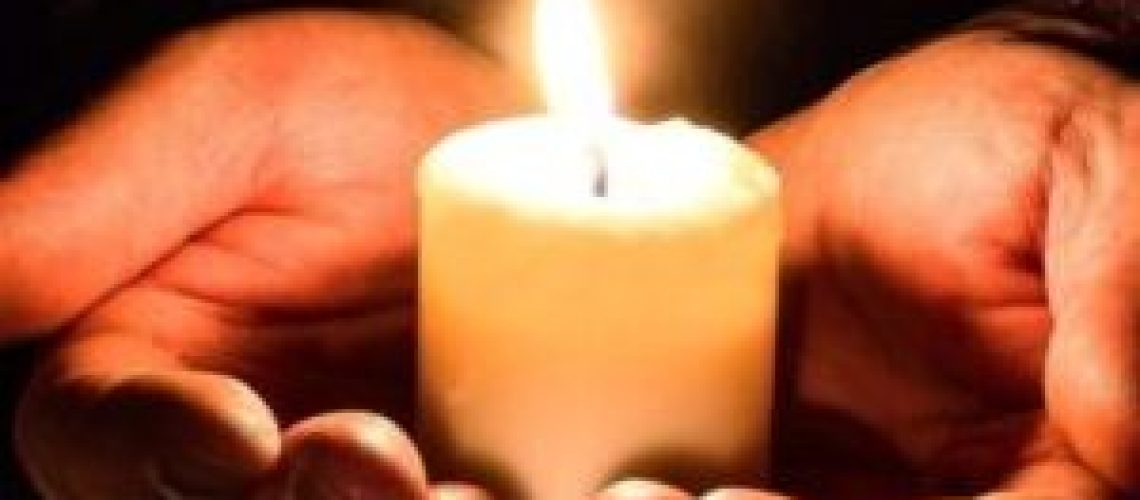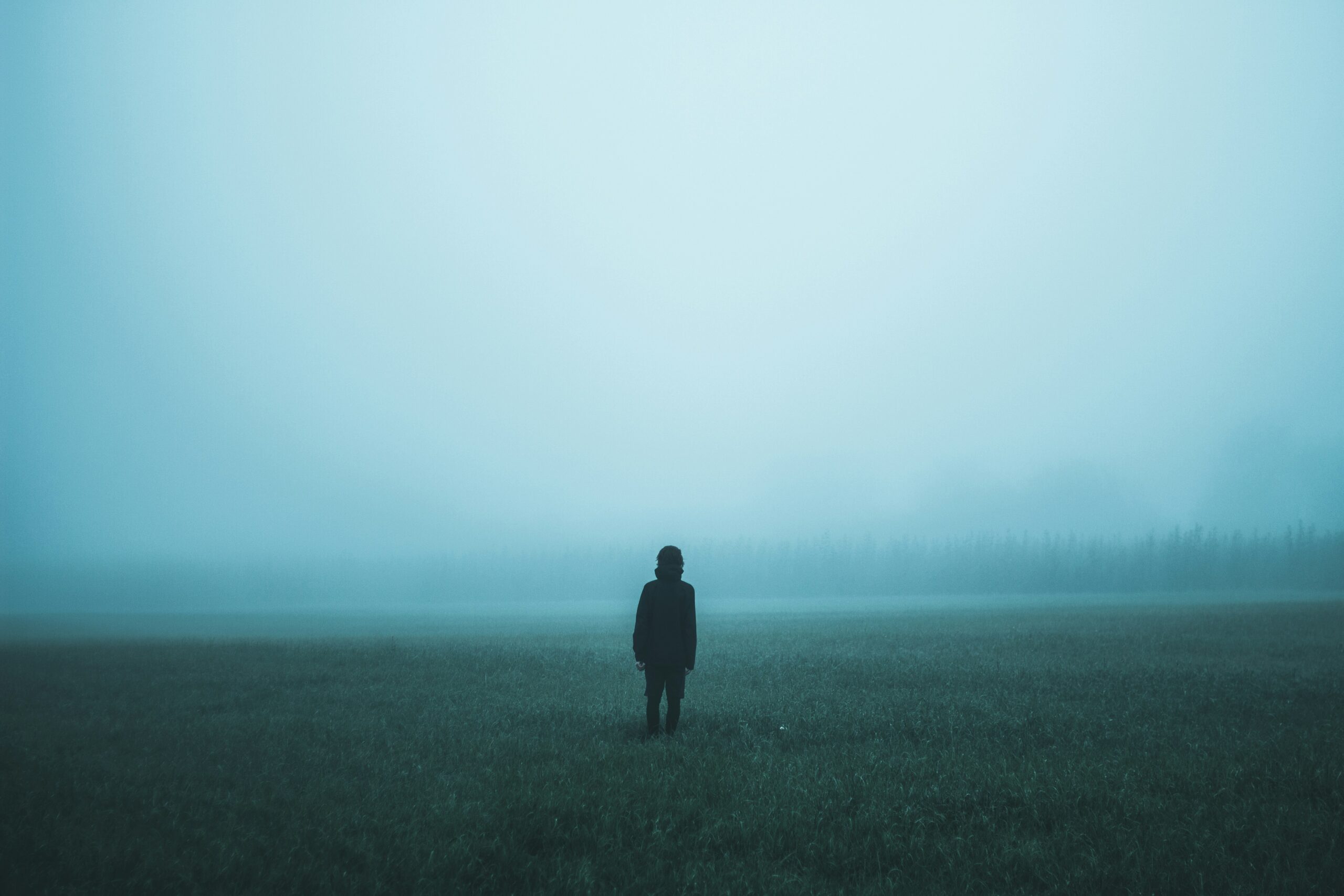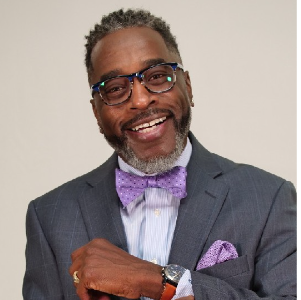On April 25th, Existential Humanist Northwest hosted its first ever web-based salon/webinar, with 149 signed up and represented by 3 different countries and many U.S. states. We gathered as a larger group than ever to discuss thoughts and feelings, hopes and fears related to this present world situation.
The salon topic was introduced by our president, Bob Edelstein, who shared some of his thoughts and reflections on this pandemic: Bob spoke to some of the existential themes of this time, and to his profound sense of being alive amidst this very real confrontation with mortality. In outlining his observations of existential themes, Bob identified three:
1. We are all interconnected. This Covid situation has impacted our whole world, sparking fear and with this, a need for collaboration. Bob shared how he hopes more people will see the value of interconnectedness. More than ever, we must collaborate to find the solutions, because there is no “other”. Rather, we can have a more fulfilling life when we trust other human beings. We are not alone. Empathy references our own experiences. While we may be alone in our skin, we face this reality together, including the reality of death, but also the possibilities for coming together.
2. Facing our mortality helps us to face our own lives. This situation takes our mortality out of the theoretical. When faced with mortality, we can more readily access how we want to live, and navigate what is of most importance.
3. We always live with uncertainty and ambiguity. This situation brings this to the forefront, but it is always present with us, to some degree. We have a choice to make meaning from this anxiety, and there is always meaning to make. We have the chance to approach this situation with reverence, awe, and even hope.
In attendance was also Kirk Schneider, a therapist, psychologist, and author who has been a leading voice in existential-humanist psychotherapy. Kirk shared some of his own reflections on this time. Naming, “What do we do when we don’t know what to do?” “And how do we deal with unsettling facts and maintain a sense of wonder and appreciation for life?” Kirk brought in Victor Frankl, who sets the bar for responding rather than reacting to despair. He also referenced Maya Angelou, who responded to undergoing various childhood traumas by spending much of her time at the local library, seeking something deep within herself about the dignity of transcending her circumstances.
Kirk also emphasized the need to draw from our own creativity. He asked, what is it that taps into how we deeply want to live? It is sobering to face the passing nature of life. But this also comes with an opportunity to ask a core question—“How do we want to live?” Lastly, Kirk drew from Camus and his book, “The Plague”, which offers a very relevant conversation on today’s situation. In this work, Camus taps into the capacity we have for what he calls a “creative response”. Looking upon the situation, the narrator steps back and says:
“Amongst the heaps of corpses, the clanging bells of ambulances, the warnings of what goes by the name of Fate, amongst unremitting waves of fear and agonized revolt, the horror that such things could be, always a great voice had been ringing in the ears of these forlorn, panicked people, a voice calling them back to the land of their desire, a homeland. It lay outside the walls of the stifled, strangled town, in the fragrant brushwood of the hills, in the waves of the sea, under free skies, and in the custody of love” (Camus, The Plague)
Kirk reflected how this quote calls us to hope, and the realization of the “more” of life and existence. This also draws us to the importance of finding an inner home. What is our homeland? And how do we create it for ourselves?
After Bob and Kirk’s reflections, participants in the salon had the chance to share some of their own thoughts during this time. People were asked to identify, firstly, where they were from, indicating the wide scope of those that joined us for this event. The vast array of reflections identified the importance of holding a space to discuss such issues.
Several participants spoke to the relevance of this situation being “naturally occurring”. Unlike war, there is no enemy. This presents us with a unique opportunity, and lets us grasp our own powerlessness. We may also feel both simultaneously connected, yet still alone. This brings out the idea of how modern achievements may lead us to think we are beyond vulnerability, and that life is more expendable. Yet when it comes down to it, we cannot separate from the inevitability of pain and suffering. We may have false hope of a pain-free existence, yet we are essentially still vulnerable. While challenging to sit with, this is also a point of connection, to all people, previous generations and oppressed groups. This is, at its core, so different than having an enemy.
Other participants spoke to the loss of the aspects of life we held as routine and normal, and tending to this grief. One big question is, “What is left, when everything else is taken away?”. We may all answer this differently, yet there are bound to be commonalities, as well—we still have our lives and we have love. Others emphasized our shared vulnerability, and how they hope we will grow from this increased awareness. Each person’s health depends on the health of everyone else.
Another participant shared their awareness that we have been in an existential crisis for quite some time. In some sense, did we need this to wake up? How do we need to come together to make sure we have an earth for future generations? Much of the plague is also this political system.
People also shared how they have had too much time to think of themselves, and the very hard reality of isolation for may people during this time. Another shared their perspective of this being both a natural and unnatural disaster, and how they tried to cultivate gratitude for their own privileges during this time. In confronting the “naturalness” of this situation, we are met with how we seek control. Yet the reality is, the world is always going to keep changing.
Other participants spoke to marginalization. While this affects everyone, the effects are even more disastrous in lower income communities. And for so many traumatized people and people of color, there may still be more awareness for feeling marginalized than the threat of the virus. This helps put into perspective the nature of our experience on earth being simultaneously shared and isolated. One participant contributed the analogy that we may be in the same sea, but we are all in different boats. To say we are in the same boat would be to fundamentally misunderstand the nature of the very different experiences we have in the world, based on our backgrounds and identities.
Another spoke to the nature of existential awareness being intimately connected with loss. How anyone can live with the vulnerability of being human is both precious and nonsensical. And this can bring us back to gratitude. The awareness of fragility is so often what brings meaning. In this moment of shared vulnerability, we are confronting the very dysfunctional relationship our society has with death.
For many, this situation also brings up resistance—resistance to quarantine, resistance to the vulnerability and to the collective impact of this situation as a whole. And again, we arrive at hope and fear. Unexpected changes can be challenging, yet they can bring benefits too. For example, many of us are forced to slow down, and connect to our own sense of inner quiet. As a whole world, we may disconnect, at least for a bit, from the toxicity of our modern pace of life and industrialization as we’ve known it. What does it mean to also embrace this experience?
For many, this has connected us to gratitude for life, time, experiences and spiritual connection. When we go through challenging things, there is usually a sense that the world is still the same, yet this is different right now. We must go back to basics. The hard moments connect us with what is important. Some expressed feeling very embodied right now, and honoring grandparents and ancestors who have endured hard times before us.
Another participant reminded us that the virus started with our wildlife because we have established such cruel practices and treatment of our natural world. This is an opportunity to educate humanity as to the value of conservation and taking better care of our planet and all its creatures. It is heartbreaking to know that animals, because of this virus, will be more vulnerable than ever.
Another spoke to reflections on consciousness in general, and its interconnectedness. We each take in sensory information and extract from that our awareness of existence. But in a different sense, we are 7.8 billion windows into the same consciousness. Each of us is all of us.
All in all, many pondered, “How do I want to emerge from this experience?”, “What will I take with me?”. Confronted with death, we know we cannot escape from its vulnerability. In many ways, this virus has helped us to remember that in spite of modern advances, we are still so vulnerable. And with this confrontation with mortality, we once again have the freedom to choose how we want to live. There is an absurdity to this—it is often the times that we lose certain freedoms that we come back to the freedoms we do have.
Thank you to all who contributed to this rich conversation! We look forward to future events where we can come together in this experience.




